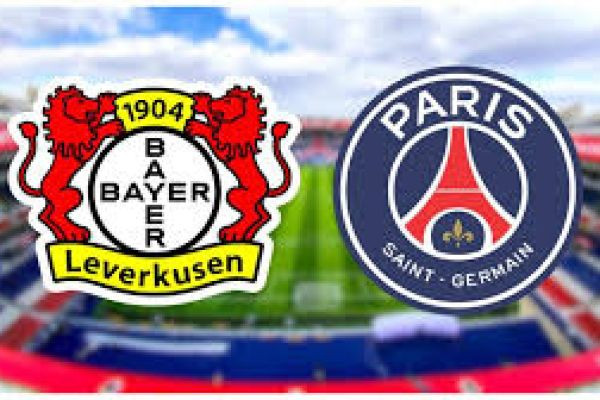The UEFA Champions League group stage fixture pitting Bayer 04 Leverkusen against Paris Saint-Germain at the BayArena represents more than just three points; it is a fascinating collision of two elite clubs navigating profound, yet contrasting, new eras. While historical head-to-head records favor the Parisians—who easily dispatched Leverkusen in their only previous UCL encounter a decade ago—the current clash involves two fundamentally reshaped entities. Leverkusen is grappling with a challenging rebuild in the post-Xabi Alonso era, while PSG enters the fixture having achieved liberation and historic success following the departure of their former talisman.
The Werkself are no longer the German ‘Invincibles’ of the previous season, having bid farewell to their treble-winning coach and crucial stars like Florian Wirtz, Jeremie Frimpong, and Granit Xhaka. Erik ten Hag now faces the formidable task of implementing his systematic, possession-based philosophy while integrating key new arrivals such as centre-back Jarrell Quansah and goalkeeper Mark Flekken. Alonso’s dynamic 3-4-2-1 structure, which relied heavily on the verticality of the wingbacks and the creative license of Wirtz, has been replaced by Ten Hag's system, but the team's reliance on flanks remains. The phenomenal attacking influence of left wingback Alejandro Grimaldo is perhaps the most potent consistent threat remaining. However, with key engine-room player Exequiel Palacios doubtful due to injury, the responsibility to connect the defense and the reorganized attack falls heavily on Robert Andrich and the newly acquired Aleix García. Leverkusen's short-term goal is to blend their aggressive counter-pressing heritage with Ten Hag’s positional play, a blend that must click quickly to mitigate the threat of the French champions.
Paris Saint-Germain arrives in Germany riding the massive momentum of a historic 2024/2025 season where they finally claimed their maiden Champions League trophy, completing an unexpected treble. Luis Enrique successfully transformed the club following Kylian Mbappé’s move to Real Madrid, moving from a ‘star system’ to a genuine 'team first' ethos. This tactical evolution has seen Ousmane Dembélé step up significantly, thriving in an increased central role to deliver goals and assists that culminated in him winning the Ballon d'Or. The emergence of young Désiré Doué as a crucial playmaker, working alongside the midfield consistency of Vitinha, provides relentless pressure and high-tempo ball circulation that makes PSG less predictable and more robust defensively. Their strength lies in their depth and their collective, high-press approach, which proved highly effective against Europe’s elite last season. While star players like Dembélé and captain Marquinhos currently carry injury concerns, the confidence and proven quality of this cohesive PSG side make them formidable opponents regardless of individual absences.
The outcome of this pivotal group stage match hinges on the duels in midfield and the wide channels. Can Leverkusen’s central pairing—Andrich and García—cope with the incessant movement and half-space infiltration offered by the combination of Dembélé and Doué? Equally critical is the battle between the clubs' marauding wing-backs, as both teams utilize these roles as primary attacking outlets. Leverkusen's current personnel turnover and the potential absence of Patrik Schick will test their depth against a tactically flexible and highly motivated PSG. While Leverkusen's home advantage and capacity for an intense press promise a tight contest, PSG's superior tactical foundation, psychological edge from their treble win, and established collective structure suggest they have the greater momentum. This Champions League battle is likely to be decided by which transitioning side can best execute its collective identity under pressure.








